Sometimes great experiences hit you unexpectedly. This month has seen an extraordinarily effervescent DVD, and two wonderful, more serious, CDs from young chamber ensembles. But that's life -- you never know what to expect, what's coming your way, or quite how you're going to react.
Romantic Paradise
Andre Rieu (violin)
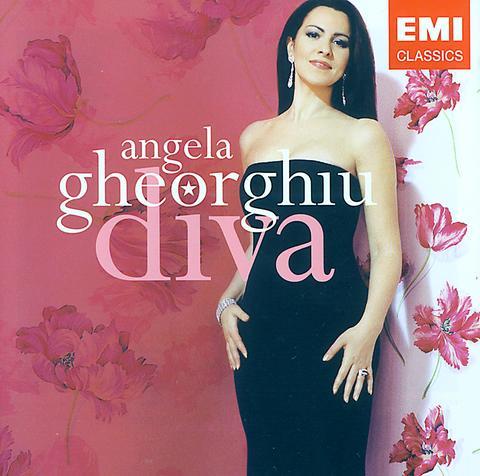
Alternative Tentacles
Universal Music DVD 986 599-6
Purists are going to hate this but I loved it. Classical music has these days become something of a minority preoccupation but, as Andre Rieu points out, it was originally for everyone. He wants to get back to that situation, and this DVD certainly shows that the classical tradition isn't going under without a fight. It's essentially a record of a concert in the Piazza della Republic in Cortona in Tuscany, but soon pans out into an incredibly indulgent song of praise for Italy -- girls with vine leaves in their hair, Renaissance costumes, fireworks, nothing's too luscious or too over-the-top. But this is what Italy has always meant to outsiders, and this DVD merely represents the feeling's latest, and welcome, manifestation. The music's well-worn too, but it doesn't matter. The all-age crowd sings along to Verdi, and it's all in all populism gone crazy. It aspires, you could say, to be Europe's answer to American-style music, and don't take it too seriously and you'll be all-but convinced. There's big money in it too, of course, and Rieu has played to 20,000 in Madison Square Garden. Really, it's all a crazy but lovable circus. Watch this with a bottle of chianti and you'll simultaneously fall over laughing and be keying in your travel agent's number for a quick trip to Italy. It's a genuine premonition of summer.
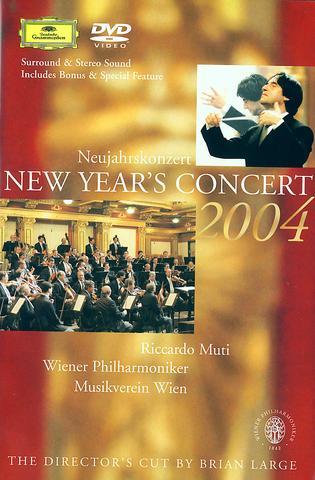
New Year's Concert 2004
Wiener Philharmoniker
Conducted by Riccardo Muti Deutsche
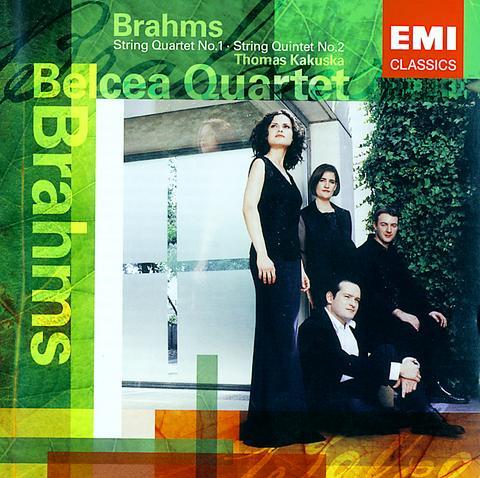
Grammophon DVD 073 097-9 RCA
Year after year the Vienna Philharmonic issues a lavish pictorial account of its famous New Year Concert. With the splendid setting, the affluent, formally-attired audience, the music taken entirely from the waltzing Strauss family, the flowers and the ritual, sedate clapping, it's rather like a late Christmas card. Serious classical music lovers can only smile tolerantly and be more than a little embarrassed. There's nothing new to report this time round. Riccardo Muti has a few sage words to say on the theme of all men being brothers, but apart from that the best things on this DVD are the bonus scenes of Austria, reminiscent of an up-market tourist brochure, but pretty fine for all that. Given the speed tickets for this same orchestra have sold in Taipei, people here are no doubt going to continue to snap up this sort of thing. The combined allure of wealth and easy listening is too much to miss out on.
Beethoven
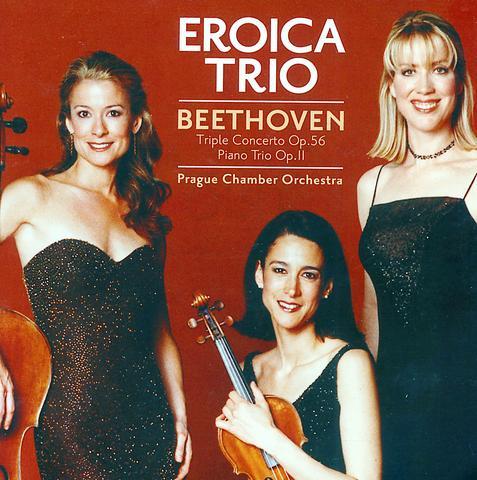
Triple Concerto, Piano Trio Op.11, Eroica Trio, Prague Chamber Orchestra
EMI Angel CD 5 57654 2
Now for the serious stuff. The youthful Beethoven originally wrote this early piano trio for piano, cello and clarinet. But the clarinet was a new instrument and almost no one knew how to play it, so he adapted the clarinet part for violin, thus reverting to a more conventional line-up. This is lucky for the young American all-female Eroica Trio who here give the work an absolutely stunning performance. Also on this CD is Beethoven's later Triple Concerto for the same combination of soloists. It's played with an appropriately scaled-down ensemble, the Prague Chamber Orchestra, thus affording a sound something like what its original audiences would have heard. One of the great virtues of these soloists is their willingness to go for emotionally expressive playing, not so long ago thought indulgent, but always much to Asian taste nevertheless. The ravishing opening of the concerto's slow movement is a case in point, though the trio's brief slow movement is in fact equally fine. This is altogether a delightful CD and highly recommended.
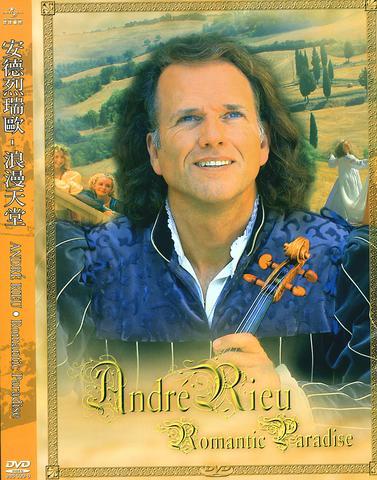
Diva
Angela Gheorghiu (soprano), Various Orchestras
EMI Classics CD 5 57705 2
Angela Gheorghiu certainly hasn't lacked success, but she has never managed to win over this reviewer. I wait to be impressed, and am routinely left cold. For me her voice lacks body, and she doesn't seem willing to take emotional risks with the music. I am looking for something to overwhelm me, and I keep trying to give her voice a fuller quality by adjusting the controls, but it doesn't work. If you go for self-effacement and a deferential tone, Gheorghiu may be for you. But for me, opera is about passion, whereas what you have here is tastefulness and restraint. The items from French operas on this disk consequently work best, but the Italians Bellini, Verdi and Puccini, all represented here, didn't write their magnificent music for voices like this.
Brahms
String Quartet No: 1, String Quintet No: 2, Belcea Quartet, with Thomas Kakusa
EMI ClassicsCD 5 57662 2
These Brahms chamber works are complexly wrought music and repay repeated listening. It would be forgivable to consider the quartet as something in the way of an appetizer here because it's the superb quintet that makes this CD worth buying. It's a wonderful work, and when he wrote it Brahms hinted it might even be his farewell to music. Fortunately it wasn't, but it remains a major piece, crammed full of invention and swirling, sometimes almost tidal, emotion. The young British quartet, plus Thomas Kakusa playing the extra viola, give it a very fine performance, dramatic, tender, wistful, introspective. All in all, this quintet, together with the Eroica Trio's versions of Beethoven, constitute the finest purely musical items on offer this month. Recommended.

June 9 to June 15 A photo of two men riding trendy high-wheel Penny-Farthing bicycles past a Qing Dynasty gate aptly captures the essence of Taipei in 1897 — a newly colonized city on the cusp of great change. The Japanese began making significant modifications to the cityscape in 1899, tearing down Qing-era structures, widening boulevards and installing Western-style infrastructure and buildings. The photographer, Minosuke Imamura, only spent a year in Taiwan as a cartographer for the governor-general’s office, but he left behind a treasure trove of 130 images showing life at the onset of Japanese rule, spanning July 1897 to

One of the most important gripes that Taiwanese have about the Democratic Progressive Party (DPP) is that it has failed to deliver concretely on higher wages, housing prices and other bread-and-butter issues. The parallel complaint is that the DPP cares only about glamor issues, such as removing markers of Chinese Nationalist Party (KMT) colonialism by renaming them, or what the KMT codes as “de-Sinification.” Once again, as a critical election looms, the DPP is presenting evidence for that charge. The KMT was quick to jump on the recent proposal of the Ministry of the Interior (MOI) to rename roads that symbolize

In an interview posted online by United Daily News (UDN) on May 26, current Chinese Nationalist Party (KMT) Chairman Eric Chu (朱立倫) was asked about Taichung Mayor Lu Shiow-yen (盧秀燕) replacing him as party chair. Though not yet officially running, by the customs of Taiwan politics, Lu has been signalling she is both running for party chair and to be the party’s 2028 presidential candidate. She told an international media outlet that she was considering a run. She also gave a speech in Keelung on national priorities and foreign affairs. For details, see the May 23 edition of this column,

On the evening of June 1, Control Yuan Secretary-General Lee Chun-yi (李俊俋) apologized and resigned in disgrace. His crime was instructing his driver to use a Control Yuan vehicle to transport his dog to a pet grooming salon. The Control Yuan is the government branch that investigates, audits and impeaches government officials for, among other things, misuse of government funds, so his misuse of a government vehicle was highly inappropriate. If this story were told to anyone living in the golden era of swaggering gangsters, flashy nouveau riche businessmen, and corrupt “black gold” politics of the 1980s and 1990s, they would have laughed.